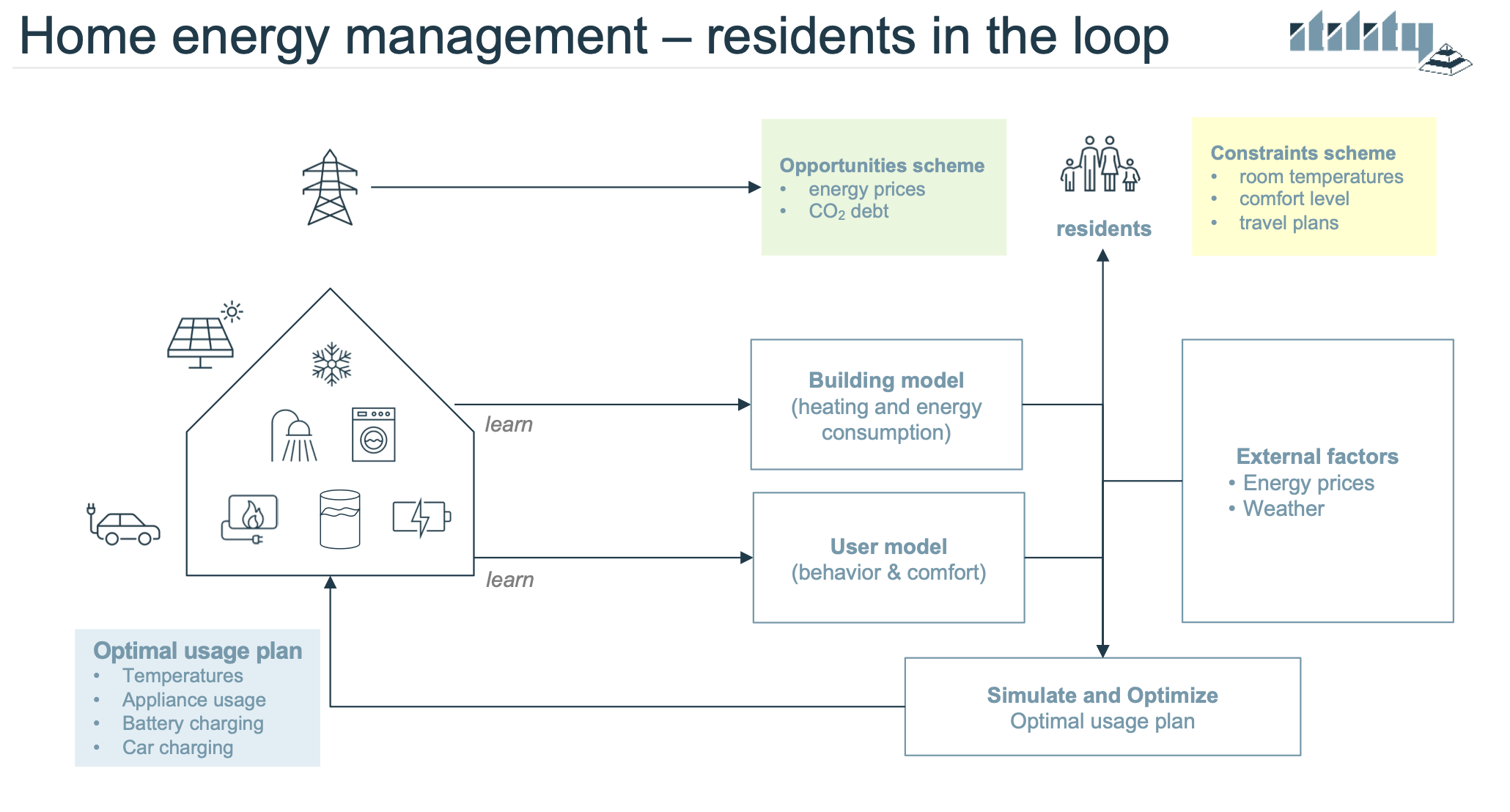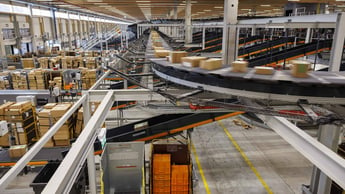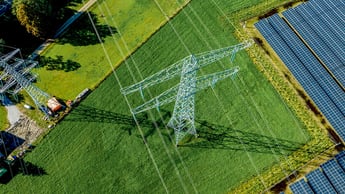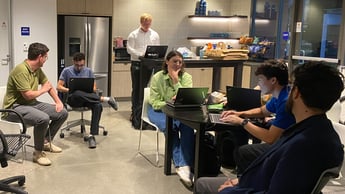Lowering energy consumption with AI
Reducing energy usage is key with the current high energy prices. Running a sustainable business with carbon neutral targets is an important ambition for many of our customers. As well as for every homeowner. Being conscious about energy usage and relentlessly focusing on saving energy is a must.
At Itility, we therefore heavily invest in smart solutions to make energy-saving ambitions a reality – leveraging connectivity, data analytics, artificial intelligence, paired with domain knowledge.
An example of saving energy with AI: 15% gas oven efficiency gain
Together with AMF, a world-leading bakery system solution provider, we work on addressing the challenges of modern bakeries. Traditionally, the focus points were consistent product quality, efficient production processes, and bottom-line costs. Today, new topics like sustainability and reducing food waste become increasingly important.
One great use case is the Sustainable Oven Service. It is an AI-driven solution connected to the physical oven, which helps reduce gas spending by 20% or more – by showing recommendations to be more energy-efficient. The baker is in the middle, receiving the recommendation in an app to heat the oven more efficiently and defining how to act on them.
How? Via sensors, the dynamics of the oven are monitored and enriched with a (physics-based) model. The baker defines his own constraints of product quality and production quantities, which is an input to the AI optimization. All these inputs are used to simulate different scenarios to optimize the oven performance. These optimal settings are recommended to the baker and can be directly applied, to maximize the potential of the oven in the bakery.
So, this hybrid model – or “digital twin” of the oven – integrates real-time sensor data, physics-based models, and oven experts’ domain knowledge to optimize energy consumption. The recommendations of the model help reduce gas usage by 20%. A significant saving in times of high energy prices and the need to reduce our footprints.
Saving energy at home: 20-40 % heat pump efficiency gain
That made us think: can we also realize such savings via a hybrid AI model in other areas than a bakery? Can we use it in the home energy environment?
Turns out the answer is yes. Instead of the baker in the middle, we now place the resident in the middle. The resident has many elements in the house that determine if one would need the grid, or can use own solar sources. All must be in balance, and – just as with the Sustainable Oven Service – we can use simulations to control our appliances while keeping the optimal balance.

So, we have a physical house with all appliances in there. We collect data from their usage (with car charging and the heat pump being the highest consumers of energy). We use the usage data and physics algorithms to build a user behavior model as well as a building usage model. These models are then used to simulate various scenarios in the house to reach optimal control. For example: control when to charge the car, or when to turn on the heat pump. And as with the baker, the resident then defines his personal priorities. What do I want? Am I ok with charging my car during the day, am I ok with heating between 17 and 22 degrees, am I ok with my hot water in a certain range?
The optimization runs every 10 minutes based on the model, constraints and opportunities to find the optimal settings – resulting in 20 to 40% efficiency gain of the heat pump.






